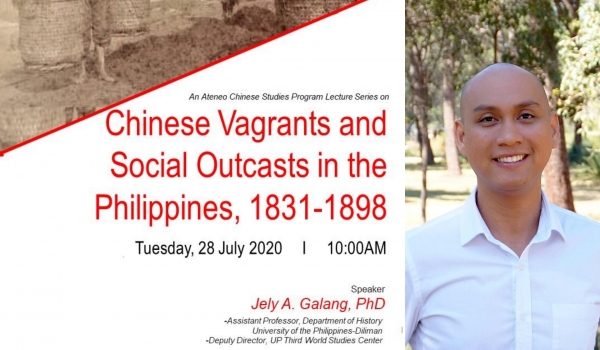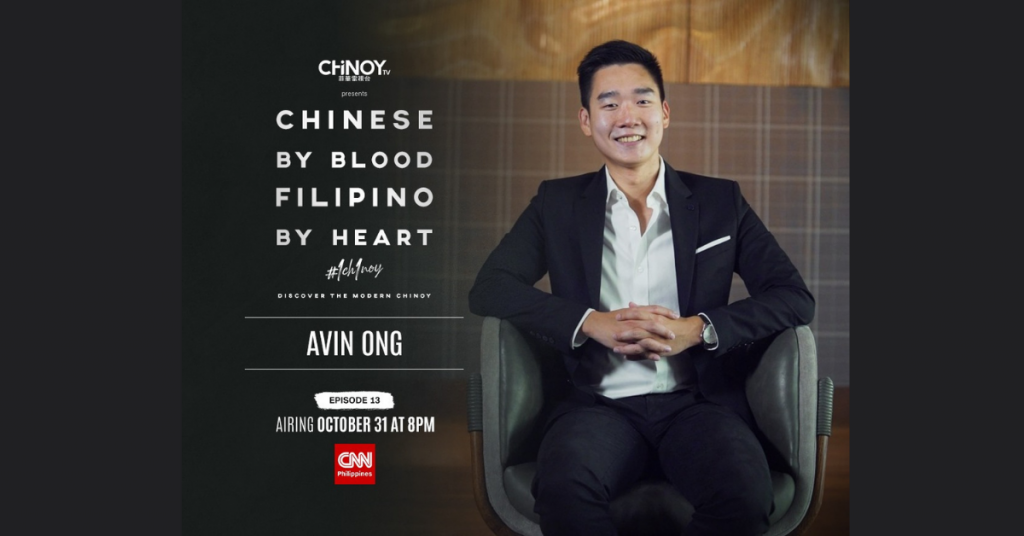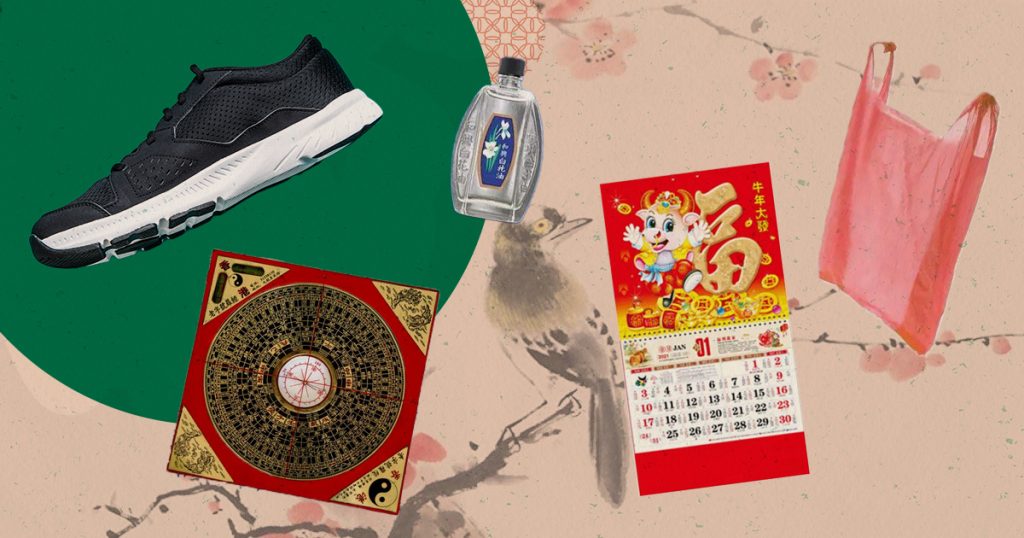UP History Professor: Many Chinese Were Labelled ‘Undesirables’, ‘Vagrants’ In Spanish Colonial Era

“Undesirables”, “social outcasts”, and “vagrants” are terms that describe the condition of many Chinese people in the Philippines during the late Spanish era, according to University of the Philippines history professor Dr. Jely Galang.
Dr. Galang served as guest speaker in an online event organized by the Ateneo Chinese Studies Program held last July 28, 2020 entitled “Chinese Vagrants and Social Outcasts in the Philippines, 1831-1898”.
“When we talk about the Chinoys or the Chinese-Filipinos today, we tend to create an image of a rich and influential community that plays a dominant role in our country’s economy,” said Dr. Galang. “We can say, for instance, the businesses of Henry Sy. We think about Lucio Tan. We think about Tony Tan Caktiong.”
Inaccurate but not new
This line of thinking isn’t new, according to Dr. Galang, but it is questionable and inaccurate.
“Lahat ba ng mga Chinese sa Pilipinas noon ay mayaman at influential?” He continued: “I would like to argue that no. Although there were affluent merchants, there were also economically-marginalized individuals mostly from the laboring classes who became vagrants and social outcasts.”
Difficult and strict rules
What characteristics would lead one to be labelled as an “undesirable” and an “outcast”?
According to the talk, the Chinese were required to have a passport and travel licenses, and the Spanish colonial government made sure this rule was implemented.
The Chinese also has to submit padron de chinos or registration papers. In addition, the Chinese paid the highest taxes (tribute, business permit, and more) because they “played a dominant role in the colonial economy.”
Because of all these requirements, the poorer Chinese from the laboring class weren’t able to pay their taxes and thus were forced to hide. Thus, the birth of “undesirable” Chinese who were drunkards, unemployed, pick pockets, and the like.
Among the sources the history professor used for the topic, which was originally his doctoral dissertation, include official government records such as court proceedings, police records, arrest orders, and 5145 official government cases of Chinese vagrants between 1831-1898.
“Lastly, as my presentation shows, I argue that to better understand and appreciate the history of the Chinese in the Philippines, we need to include the laboring class Chinese, even the criminal ones, whose lives and struggles are oftentimes neglected, obscured, and unexamined in the colonial, historical narrative,” Dr. Galang concluded.
jjj
The author of this article:

An accomplished young Chinese Filipino writer and media personality, Aaron S. Medina is associated with the Philippine Daily Inquirer, the Ateneo de Manila University Chinese Studies Program, the Philippine Association for Chinese Studies, and CHiNOY TV. He has a passion for truth, justice, and Pokémon, too! Follow him on Facebook: https://www.facebook.com/aaron.joseph.s.medina/













One thought on “UP History Professor: Many Chinese Were Labelled ‘Undesirables’, ‘Vagrants’ In Spanish Colonial Era”